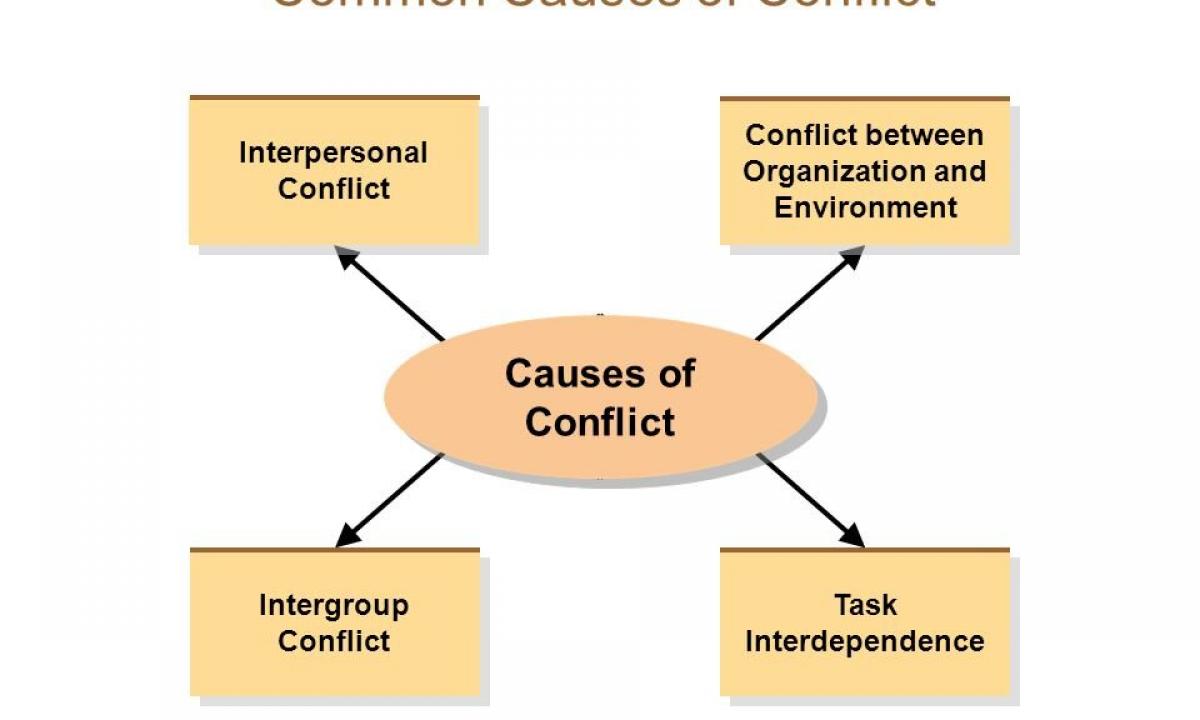The conflict – an inevitable component of the relations between any (at least two) live subjects.
People in society in the course of activity enter interactions. During interactions (even single and short-term) between the parties and participants there are different relations. Normal dissimilarity of positions in the relations leads to emergence of the contradictions able to develop to conflict level at increase of tension.
Of course, the conflict threatens a steady position of the developed system of the relations, however the conflict is a way of detection and resolution of conflicts. So, in the conflict it is possible to allocate both negative and positive functions. Arguing pragmatically, we can speak about destructive and constructive functions of the conflict.
The conflict in civilized forms assumes aspiration of participants to the general positive result and cooperation at preservation of factors of a competition and strong-willed power interaction.
Transition of the conflict to the open confrontation which is not directed to the best resolution of conflicts for the parties can be considered already uncivilized form.
On these signs we can also distinguish the constructive conflicts from destructive, to some extent.
Thus, we can speak about existence of a certain social norm within which any conflict has in general the constructive contents. Out of this norm or at getting out of it the conflict can be considered in general destructive.
Constructive functions of the conflict:
- the conflict promotes defusing tension in the relations;
- participants of the conflict communicate about themselves, check each other what can promote rapprochement, so, and to more successful solution of the general tasks;
- the conflicts stimulate and potentsiirut changes in society and microsociety (group);
- the conflicts develop society on the basis of identification of opposite interests, opportunities of their system analysis and definition of necessary changes;
- thanks to the conflicts the balance in a social system is maintained;
- there is a revaluation of values and norms, both all-social, and interpersonal;
- the conflicts promote increase in tolerance and loyalty of members (in a certain structural unit or group).
Destructive functions of the conflict (that is, interfering achievement of the all-favorable purposes):
- the conflict can result in dissatisfaction of participants, deterioration in the relations, formation of not compatibility, decline in quality of results of the general activity;
- there is a soil for reduction of extent of cooperation in possible options of the future that leads to the general deterioration in a system of communications and results of activity;
- during the conflict, small groups with the characteristic closed behavior which unproductively compete with other groups are created;
- in process of development of the conflict in subjects, negative ideas of other participants of the conflict and their purposes, and of the purposes as about exclusively constructive and positive can be formed;
- constructive communication and all-target interaction between conflicting parties decreases;
- the hostility, mutual hostility and hatred increases;
- participants of the conflict attach bigger significance to a victory in the conflict, than to the solution of the general tasks;
- conditions for emergence and development of the new conflicts are created;
- ideas of an opportunity and normality of violent ways of solution of problems are fixed in social experience of participants of the conflict.
It is necessary to notice what in the analysis of the conflict cannot be separated accurately negative from positive, all of us are people and psychology – at all not mechanics.

